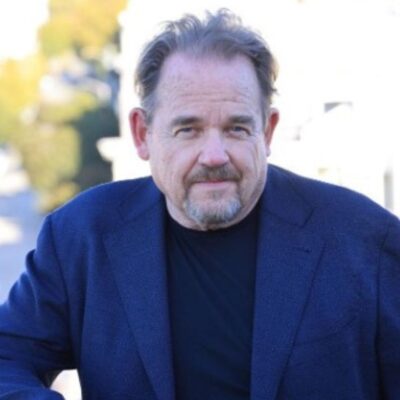People
Leadership + Staff
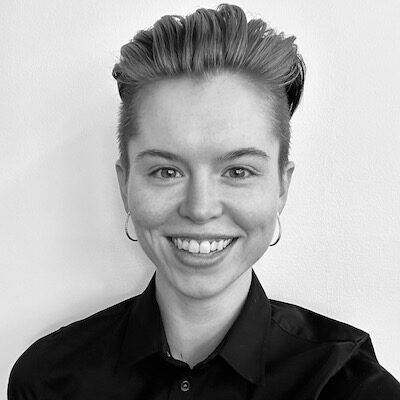
Ari Baird
Graduate Student Affairs Officer, Architecture
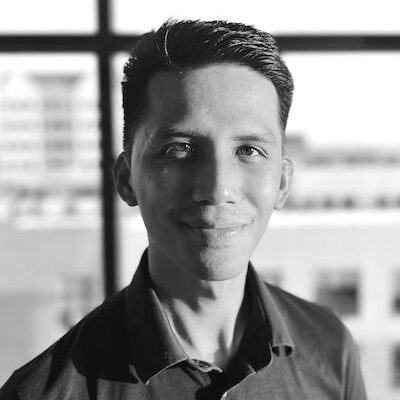
Mel Barbers
Undergraduate Advisor, Architecture; Assistant Director of Student Engagement & Leadership Development
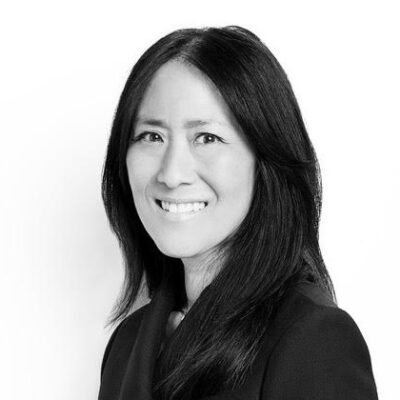
Lisa Iwamoto
Chair and Professor of Architecture; David K. Woo Chair in Environmental Design
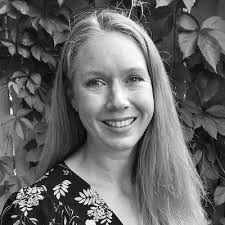
Elena Lunt
Management Services Officer, Architecture
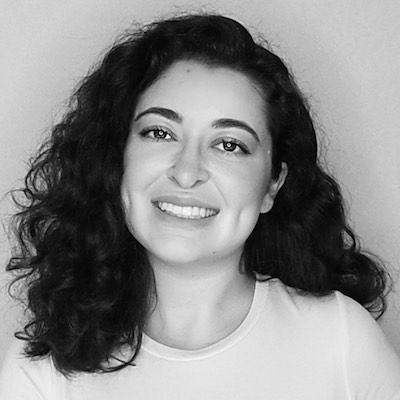
Avida Martinez
Curriculum Planner & Scheduler, Architecture
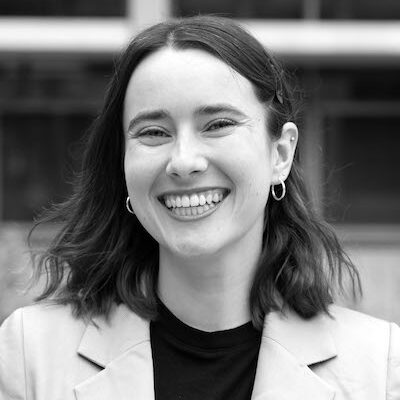
Kayli Minear
Graduate Student Affairs Officer, Architecture
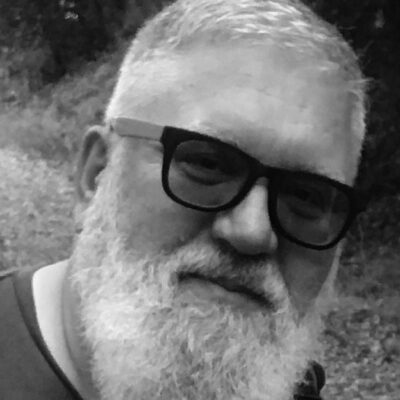
Boban Zarkovich
Event Coordinator, Architecture
Faculty
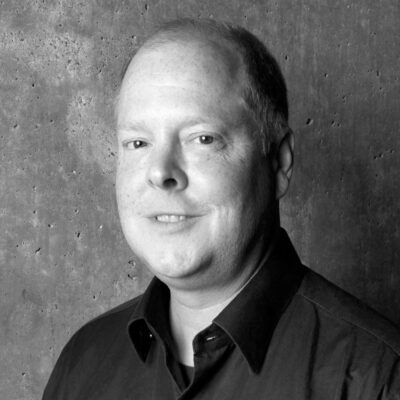
Mark Anderson
Professor of Architecture
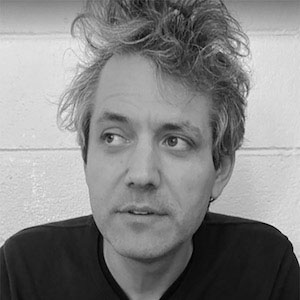
Andrew Atwood
Associate Dean of Undergraduate Affairs; Associate Professor of Architecture
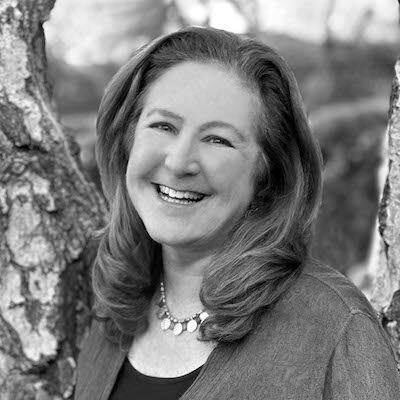
Gail Brager
Director of the Center for Environmental Design Research; Distinguished Professor of Architecture

Luisa Caldas
Professor of Architecture
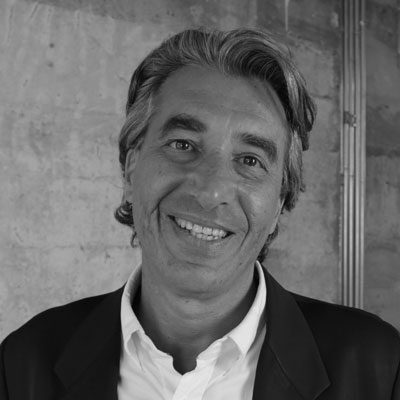
Christopher Calott
Associate Professor of Architecture and Urban Design; Lalanne Chair in Real Estate Development, Architecture & Urbanism (2015–2019)
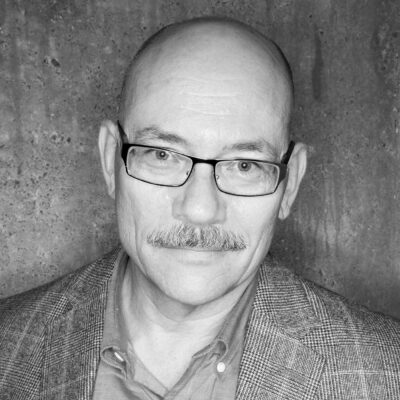
Greg Castillo
Professor of Architecture
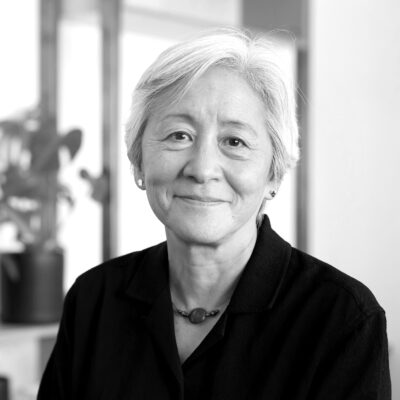
Renee Chow
William W. Wurster Dean; Professor of Architecture and Urban Design
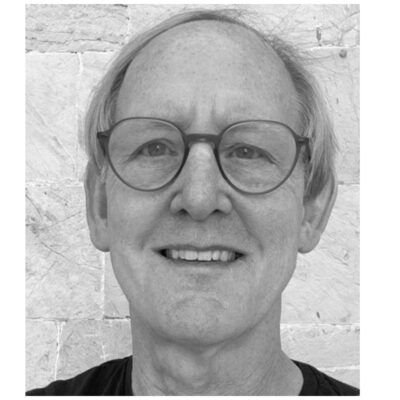
C. Greig Crysler
Associate Dean of Faculty Affairs; Professor of Architecture
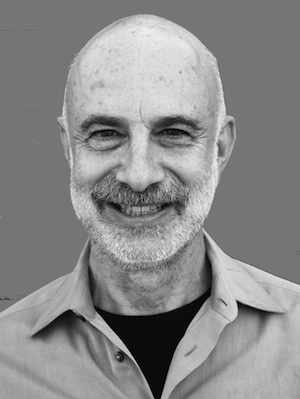
René Davids
Professor of Architecture and Urban Design
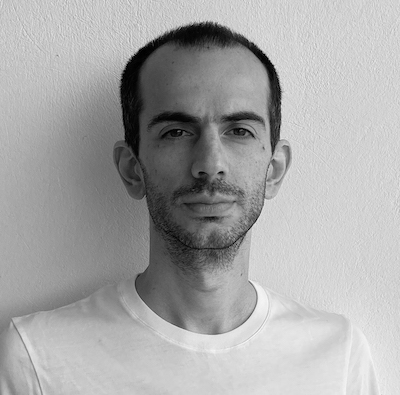
Georgios Eftaxiopoulos
Assistant Professor of Architecture and Urbanism
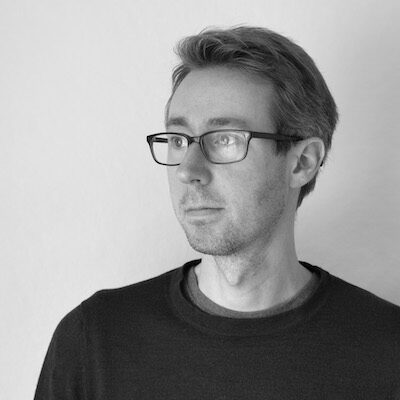
Aaron Forrest
Associate Adjunct Professor of Architecture
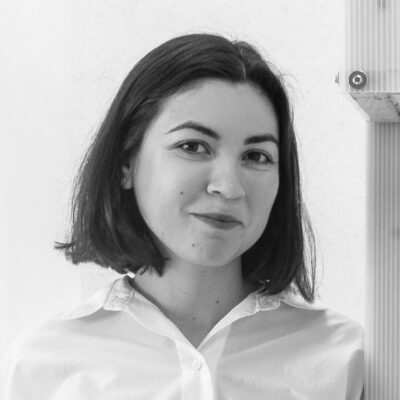
Liz Gálvez
Assistant Professor of Architecture
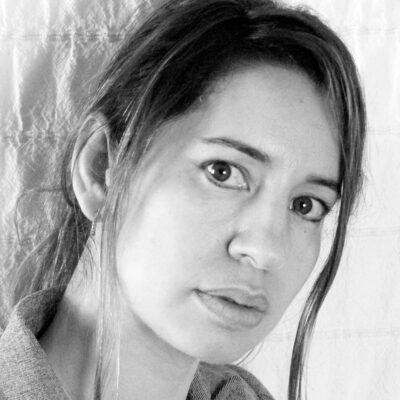
Maria Paz Gutierrez
Professor of Architecture

Lisa Iwamoto
Chair and Professor of Architecture; David K. Woo Chair in Environmental Design
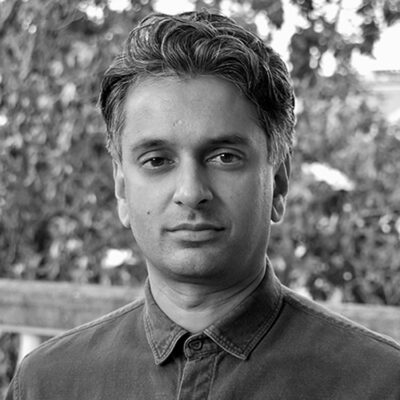
Ajay Manthripragada
Assistant Professor of Architecture
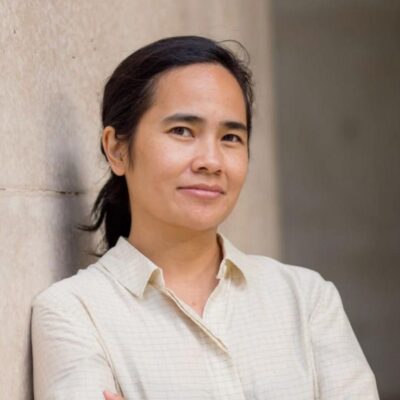
Diana J.S. Martinez
Assistant Professor of Architecture
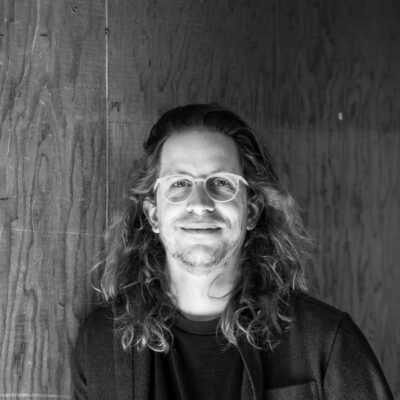
Paul Mayencourt
Assistant Professor of Cooperative Extension
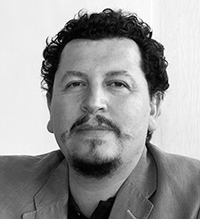
Ronald Rael
Professor of Architecture, Eva Li Memorial Chair in Architecture
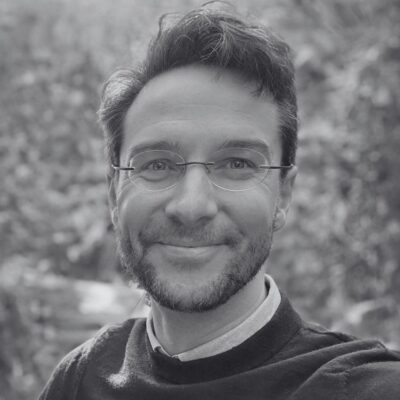
Stefano Schiavon
Associate Director of CEDR; Professor of Architecture and Civil & Environmental Engineering

Simon Schleicher
Associate Professor of Architecture
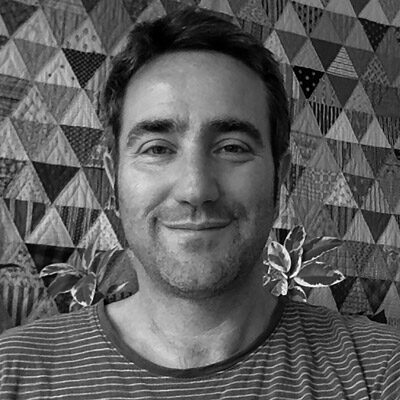
Andrew Shanken
Professor of Architecture
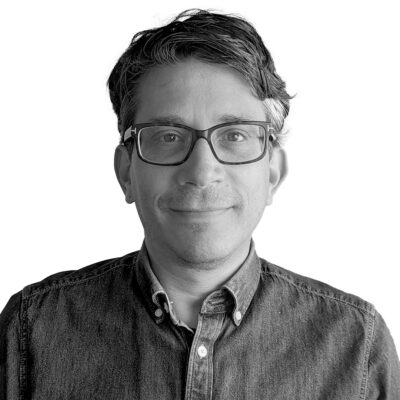
Kyle Steinfeld
Director of Master of Design; Associate Professor of Architecture
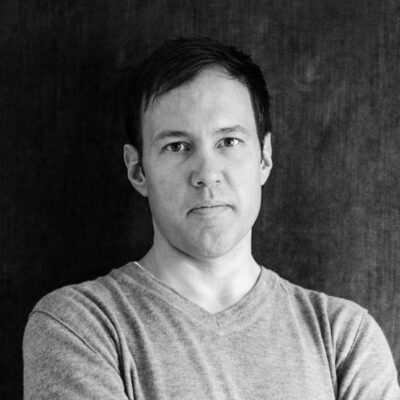
Philip Tidwell
Assistant Professor of Architecture
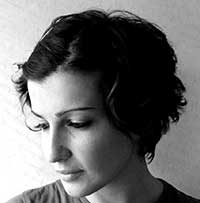
Neyran Turan
Associate Professor of Architecture
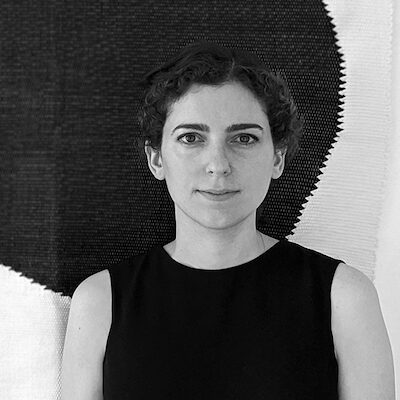
Yasmin Vobis
Assistant Professor of Architecture
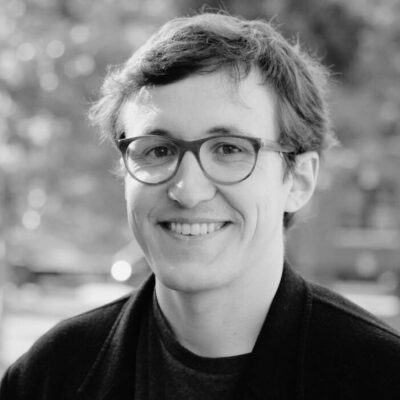
Ramon Weber
Assistant Professor of Architecture
Visiting Faculty
Lecturers

Ashley August
Lecturer in Architecture
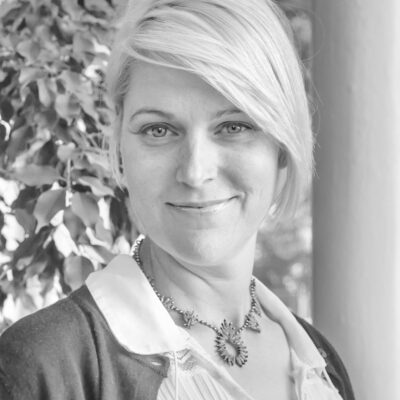
Elizabeth Bishop
Lecturer in Architecture
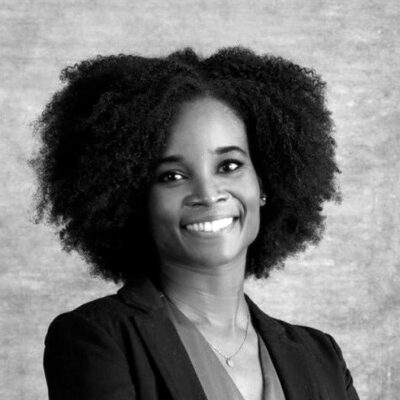
Amanda Bridges
Lecturer in Architecture
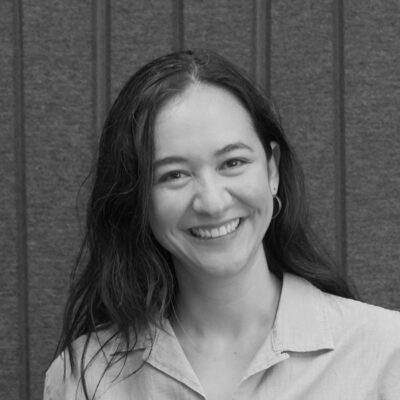
Alissa Chastain
Lecturer in Architecture

Matt Conway
Lecturer in Architecture

Morgane Copp
Lecturer in Architecture
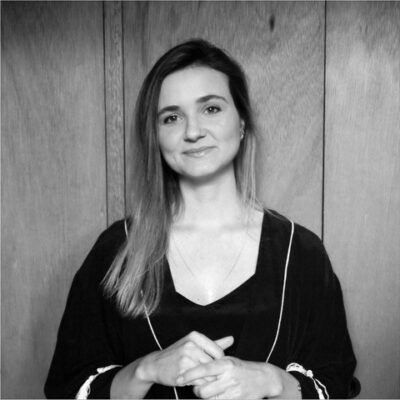
Maria Paz de Moura Castro King
Lecturer in Architecture
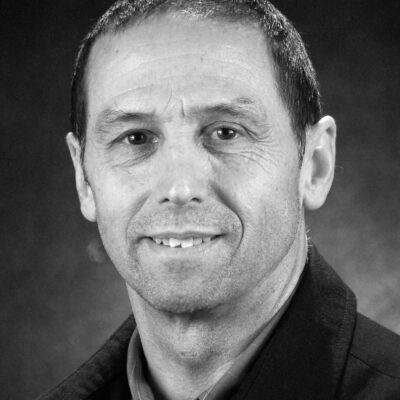
William Di Napoli
Continuing Lecturer in Architecture
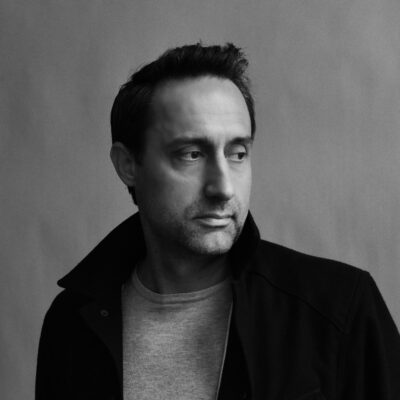
David Jaehning
Continuing Lecturer in Architecture
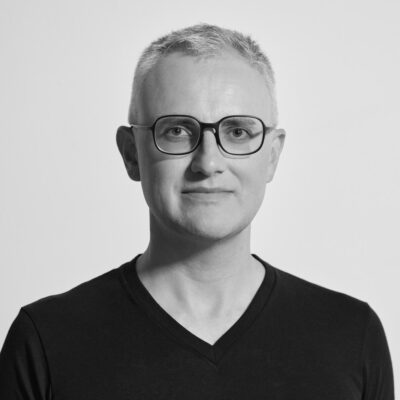
Ryan Keerns
Lecturer in Architecture
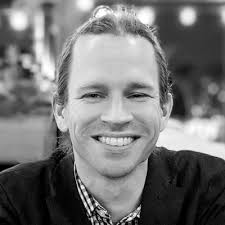
Matt Kendall
Lecturer in Architecture
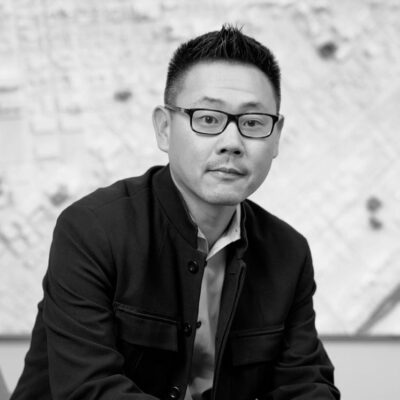
Joseph King
Lecturer in Real Estate Development + Design
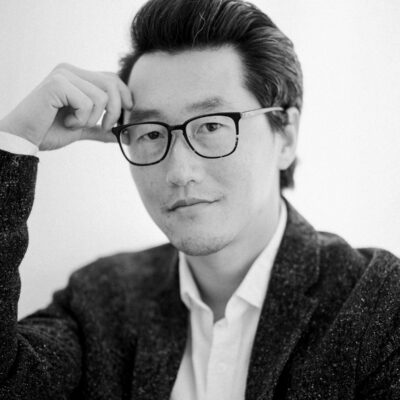
James Leng
Lecturer in Architecture
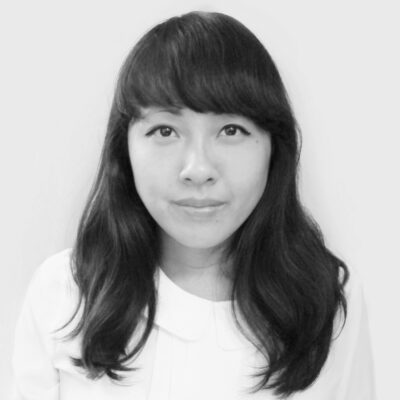
Jennifer Ly
Lecturer in Architecture, [IN]ARCH Lead
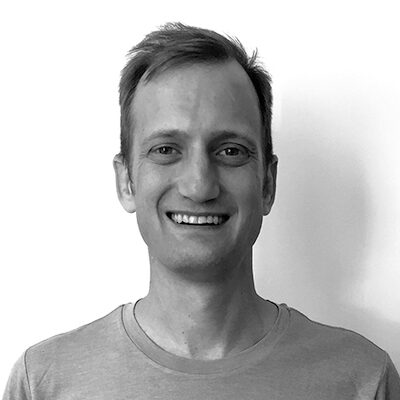
Thom Medek
Lecturer in Architecture
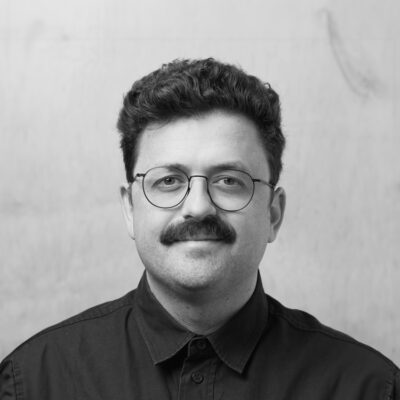
Ian Miley
Lecturer in Architecture
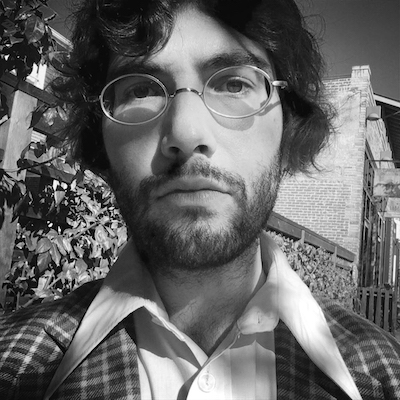
Adam Miller
Lecturer in Architecture
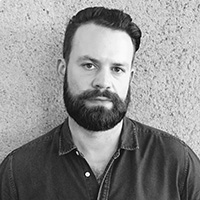
David Orkand
Continuing Lecturer in Architecture, Director of Summer Institute

Rudabeh Pakravan
Continuing Lecturer in Architecture
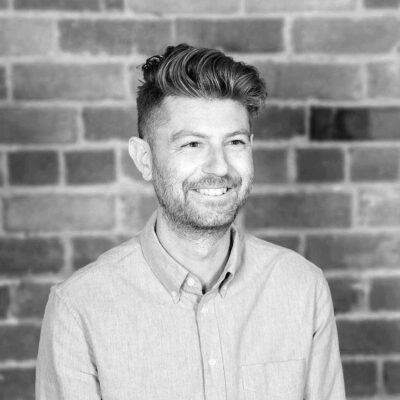
Hans Papke
Lecturer in Architecture
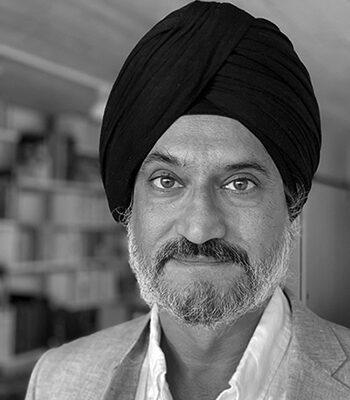
Jasmit Rangr
Lecturer in Architecture
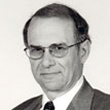
Charles Salter
Continuing Lecturer in Architecture

Dan Spiegel
Continuing Lecturer in Architecture
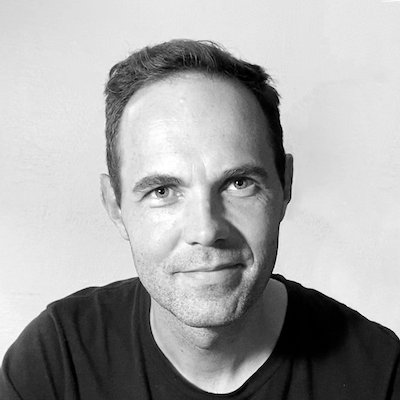
Alec Stewart
Lecturer in Architecture
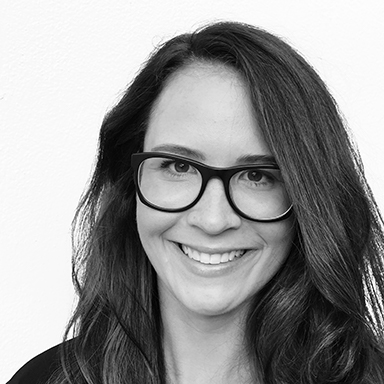
Mia Zinni
Lecturer in Architecture
Emeriti
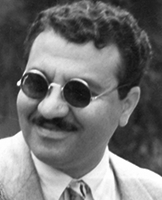
Nezar AlSayyad
Distinguished Professor Emeritus of Architecture, Planning, Urban Design, and Urban History
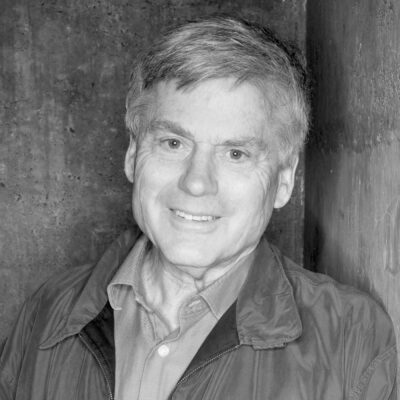
Edward Arens
Director, Center for Environmental Design Research, Professor Emeritus of Architecture

Charles Benton
Professor Emeritus of Architecture
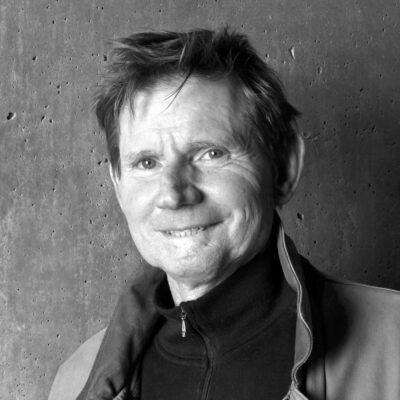
R. Gary Black
Professor Emeritus of Architecture
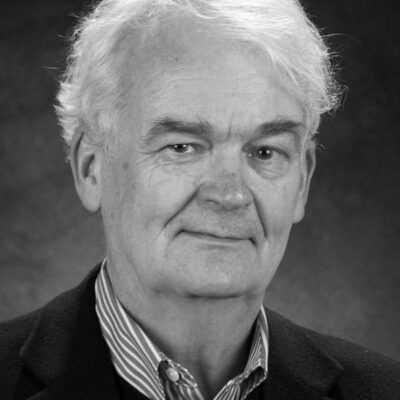
Peter Bosselmann
Professor Emeritus of the Graduate School in Architecture, City & Regional Planning, Landscape Architecture and Urban Design
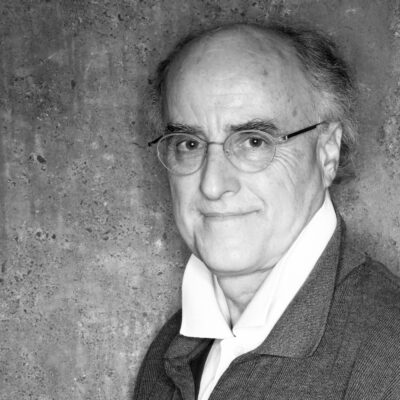
Jean-Paul Bourdier
Professor Emeritus of Architecture
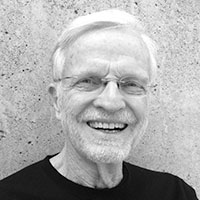
Gary Brown
Professor Emeritus of Architecture
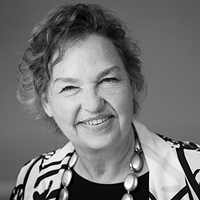
Dana Buntrock
Professor Emerita of Architecture
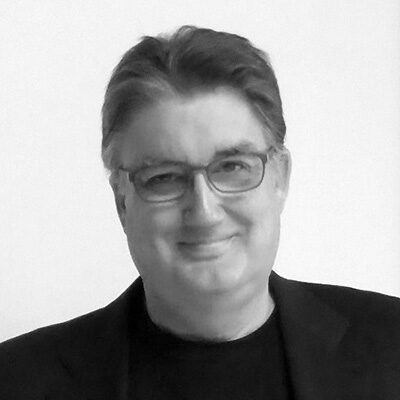
Tom Buresh
Professor Emeritus of Architecture

Raveevarn Choksombatchai
Professor Emerita of Architecture

Mary Comerio
Professor Emerita of Architecture
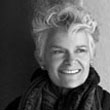
Galen Cranz
Professor Emerita of the Graduate School
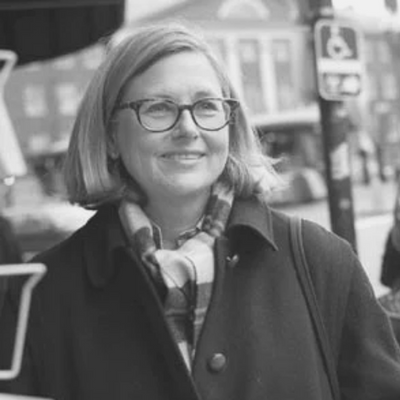
Margaret Crawford
Professor Emerita of Architecture and Urban Design

Sam Davis
Professor Emeritus of Architecture
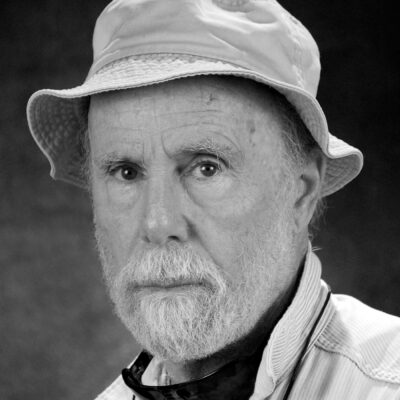
Anthony Dubovsky
Professor Emeritus of Architecture
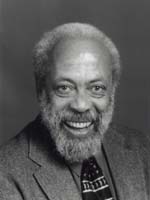
William Ellis
Professor Emeritus of Architecture

Richard Fernau
Professor Emeritus of Architecture

Harrison Fraker
Professor Emeritus of Architecture and Urban Design
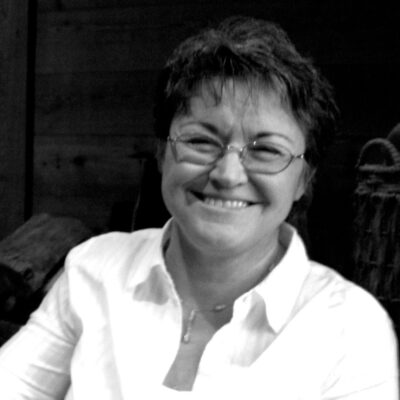
Danelle Guthrie
Professor Emerita of Architecture
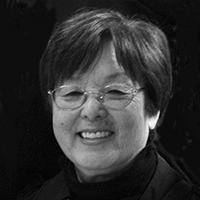
Sara Ishikawa
Professor Emerita of Architecture
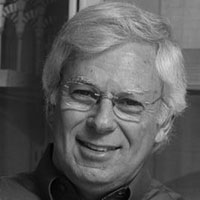
Yehuda Kalay
Professor Emeritus of Architecture

Lars Lerup
Professor Emeritus of Architecture
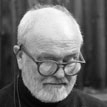
Donlyn Lyndon
Eva Li Professor Emeritus of Architecture and Urban Design
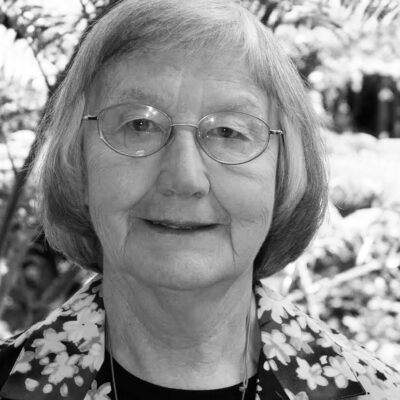
Clare Cooper Marcus
Professor Emerita of Architecture and Landscape Architecture & Environmental Planning
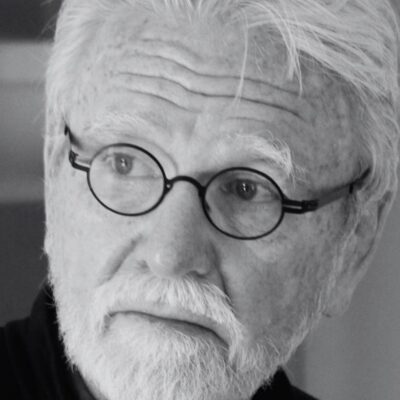
Mike Martin
Professor Emeritus of Architecture
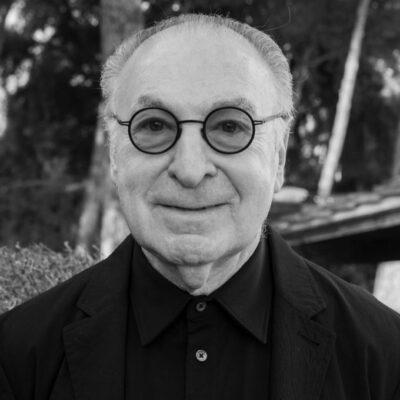
Stanley Saitowitz
Professor Emeritus of Architecture
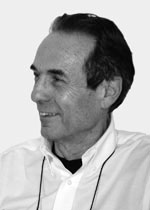
Daniel Solomon
Professor Emeritus of Architecture and Urban Design

Jill Stoner
Professor Emerita of Architecture

Stephen Tobriner
Professor Emeritus of Architectural History
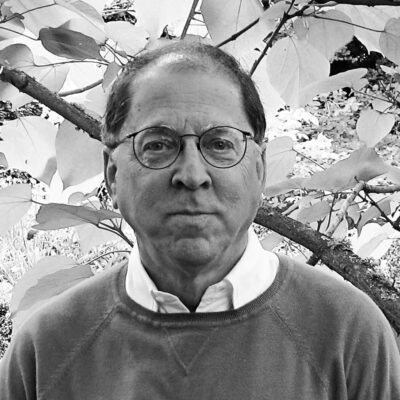
E. Marc Treib
Professor Emeritus of Architecture
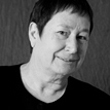
Susan Ubbelohde
Professor Emerita of Architecture
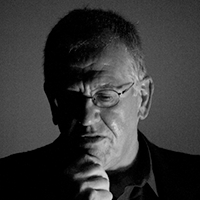
Dell Upton
Professor Emeritus of Architecture
PhD Students
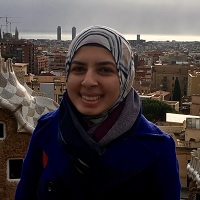
Arfa Aijazi
Ph.D. Student – Architecture
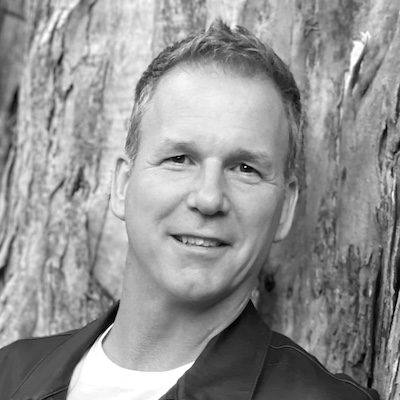
Botond Bognár
Ph.D. Student – Architecture
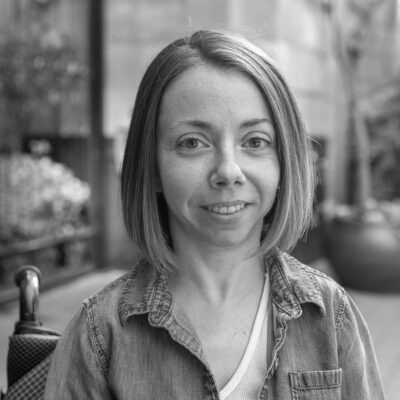
Annie Boivin
PhD Student, Architecture

Frederik Braüner
PhD Student, Architecture
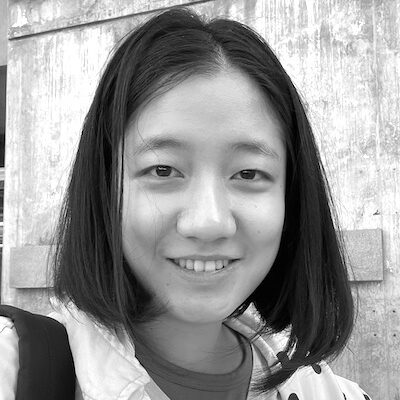
Shuyue Chen
Ph.D. Student – Architecture
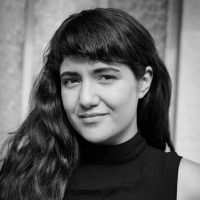
Tania Osorio Harp
PhD Candidate, Architecture
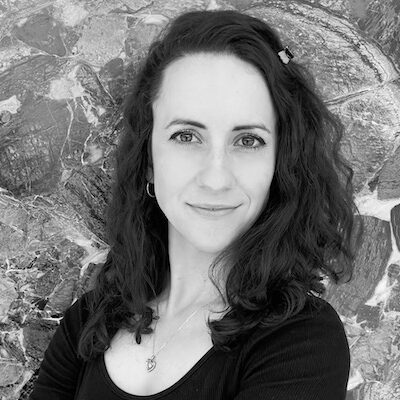
Shelby Kendrick
PhD Candidate, Architecture
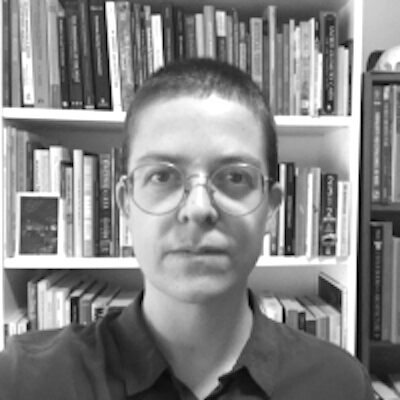
Chandra Laborde
PhD Candidate, Architecture
Jolene W.H. Lee
PhD Student, Architecture

Jin Lee
PhD Student, Architecture

Sourabh Maheshwary
PhD Student, Architecture

Boshra Moossavi
PhD Student, Architecture
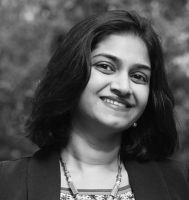
Chitra Nambiar
Ph.D. Student – Architecture
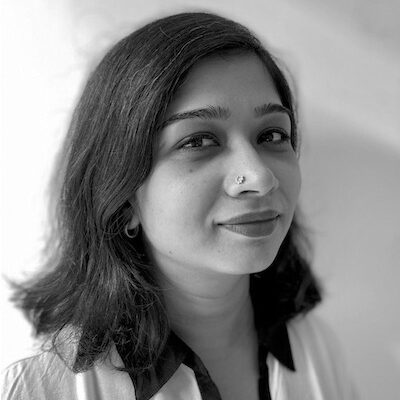
Akshaya Lakshmi Narsimhan
PhD Student, Architecture
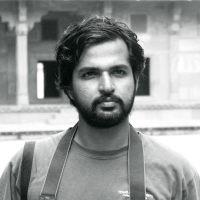
Thomas Oommen
PhD Student, Architecture
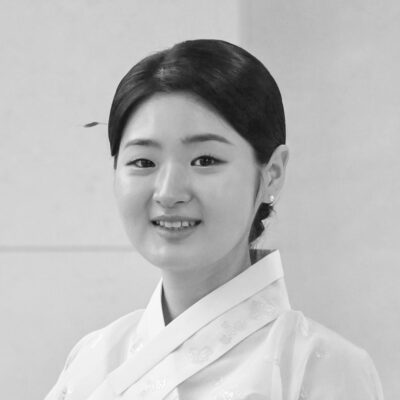
Jiwon Park
PhD Student, Architecture
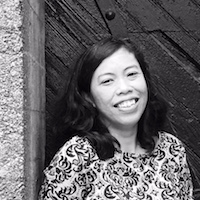
Rina Priyani
Ph.D. Student – Architecture
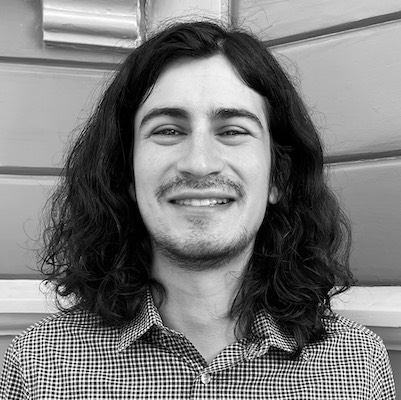
Lino Sanchez
Ph.D. Student – Architecture
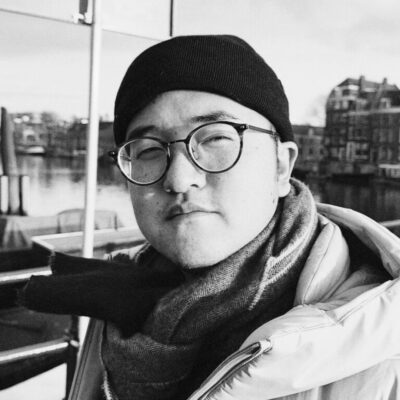
Nathan Shui
PhD Candidate, Architecture

Ruiji Sun
PhD Candidate, Architecture

Chai Yoon Um
Ph.D. Student – Architecture
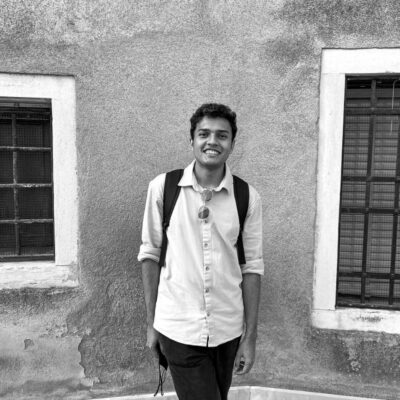
Samarth Vachhrajani
PhD Student, Architecture
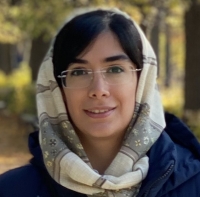
Yasaman Yavaribajestani
Ph.D. Student – Architecture
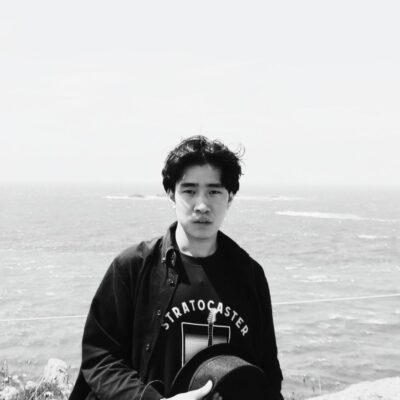
Aoyu Zou
Ph.D. Candidate – Architecture
